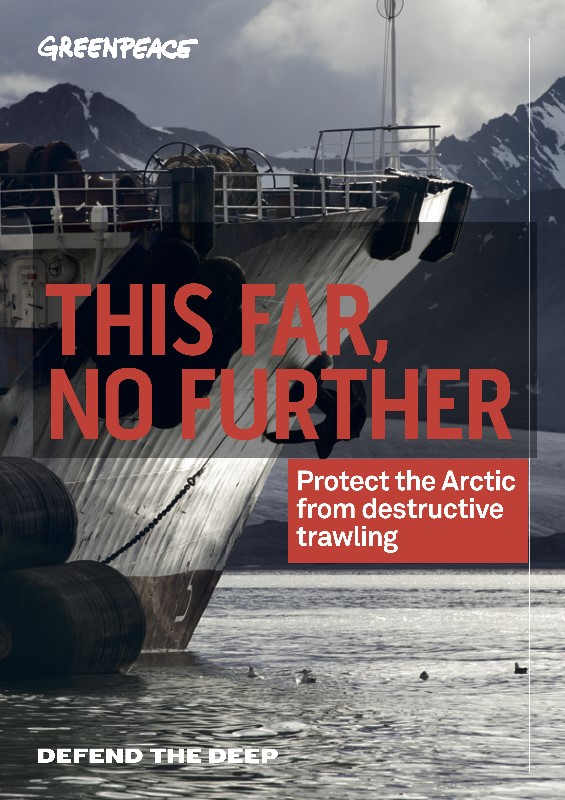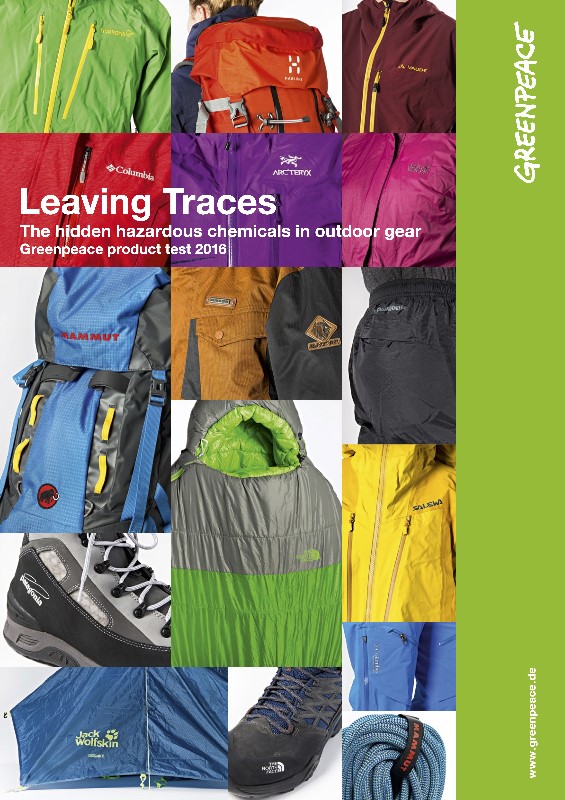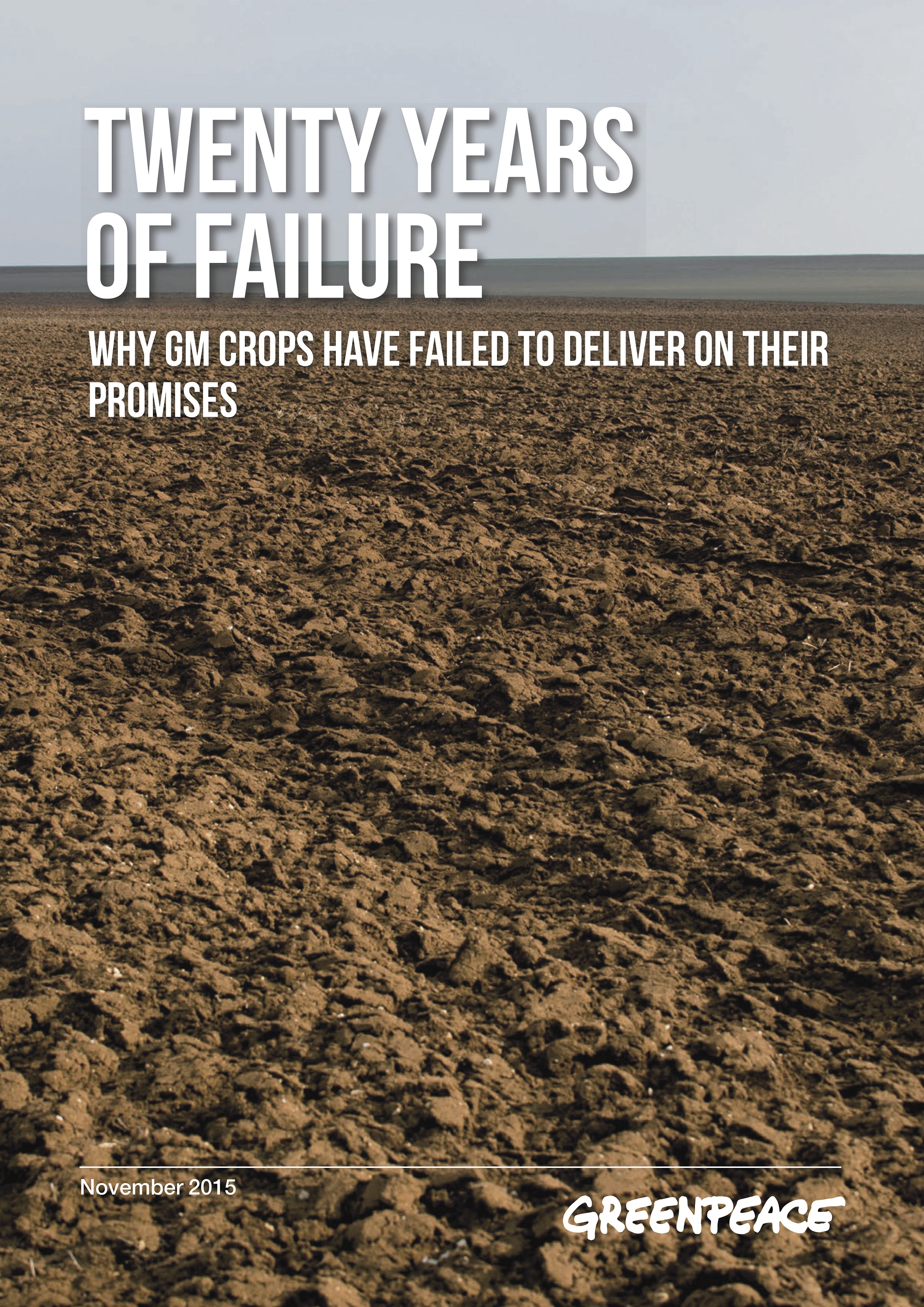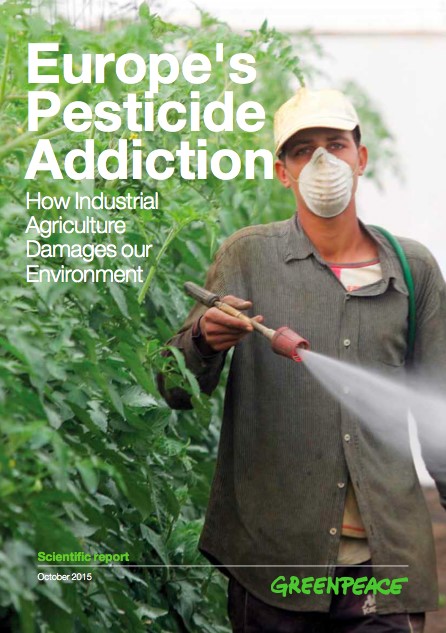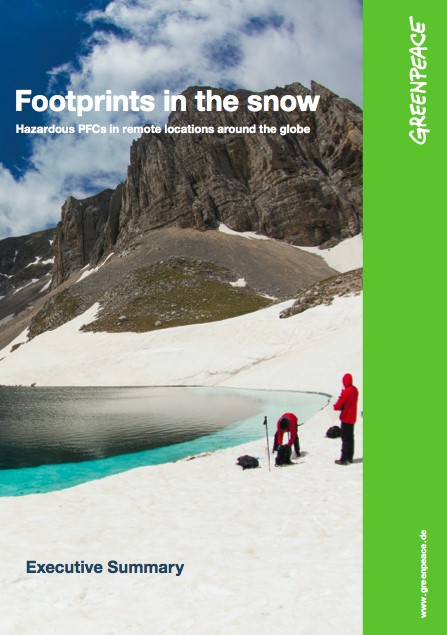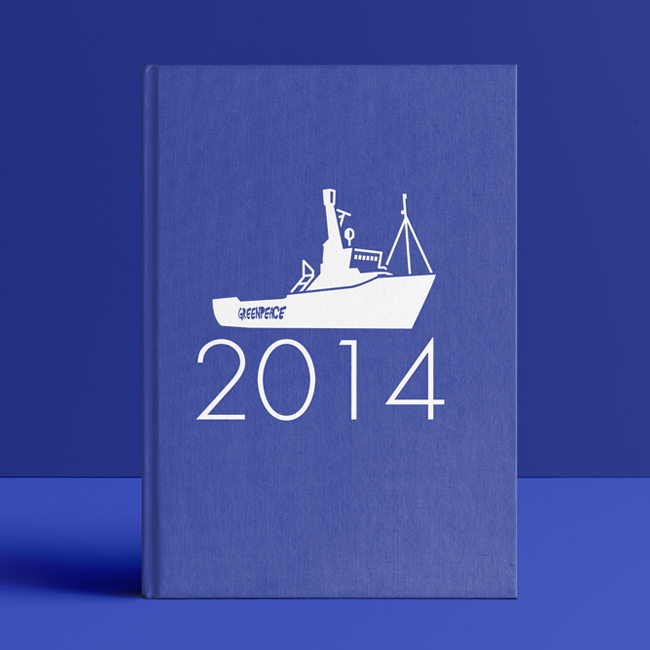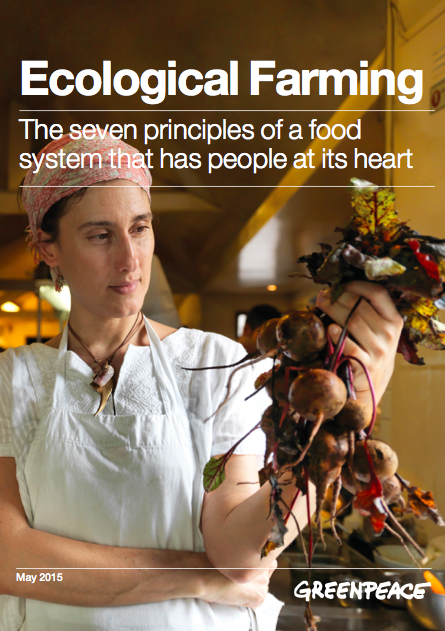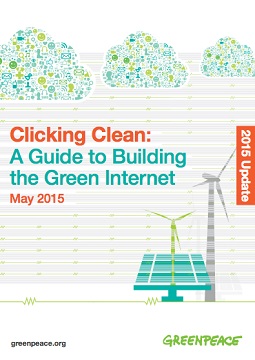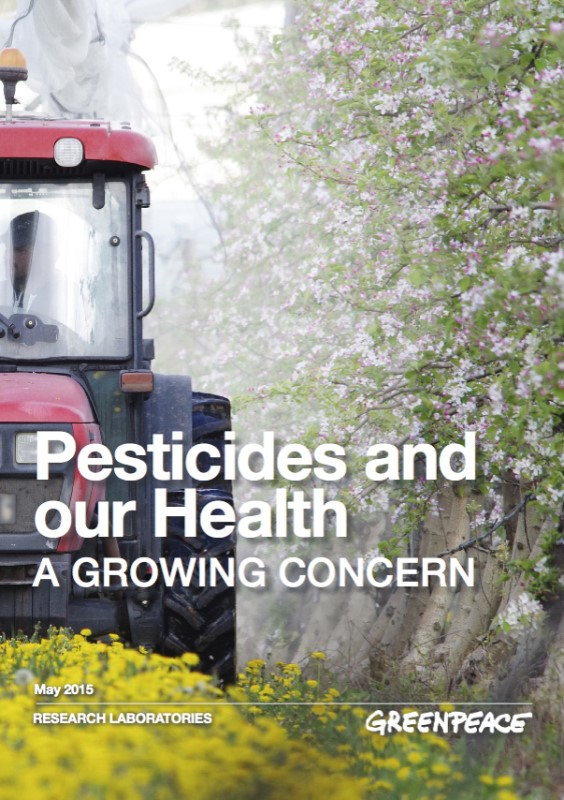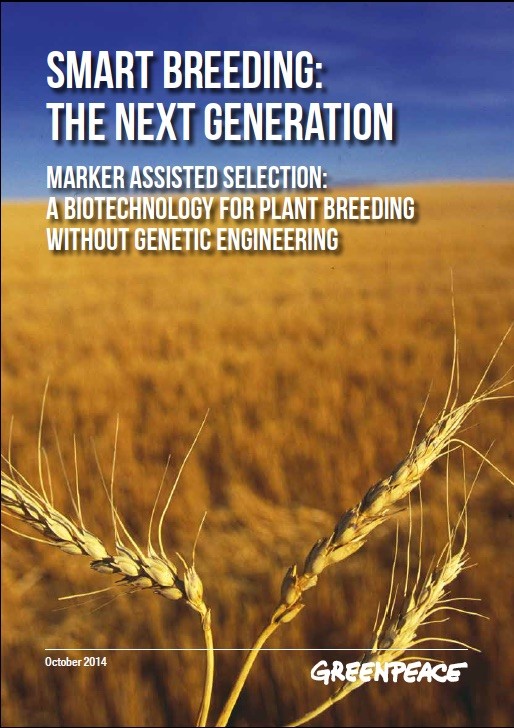All articles
-
This Far, No Further
Investigations by Greenpeace have shown industrial fishing fleets using destructive bottom trawling are invading previously pristine areas of the Barents Sea in the Norwegian Arctic.
Greenpeace International1 min read -
Leaving Traces
Greenpeace Germany tested a range of outdoor clothing and gear for hazardous per- and polyfluorinated chemicals (PFCs) and found chemicals that are hazardous to the environment and to human health.
Greenpeace International1 min read -
Twenty Years of Failure
Twenty years ago, the first genetically modified (GM) crops were planted in the USA, alongside dazzling promises about this new technology. Two decades on, the promises are getting bigger and bigger, but GM crops are not delivering any of them. Not only was this technology supposed to make food and agriculture systems simpler, safer and…
Greenpeace International1 min read -
Europe’s Pesticide Addiction
Europe's dependency on chemical pesticides is nothing short of an addiction. Crops are routinely doused with a variety of chemicals, usually applied multiple times to single crops throughout the whole growing season. Industrial agriculture, with its heavy use of chemical pesticides, pollutes our water and soil and leads to loss of habitats and biodiversity.
Greenpeace International1 min read -
Footprints in the Snow
Outdoor brands and their suppliers rely upon stunning natural images of lonely, pristine mountain lakes and remote snowy mountain ranges climbed by famous outdoor adventurers for their advertising. Yet the chemicals used to make their products weatherproof are leaving an indelible footprint in the remote mountainous regions so loved by outdoor enthusiasts.
Greenpeace International1 min read -
Annual report 2014
Now well into its fifth decade of existence, Greenpeace continues to reinvent itself. Rather than bask in past glories, our organisation is undergoing a process of renewal.
Greenpeace International1 min read -
Ecological Farming
We are living with a broken food system. It needs to be replaced urgently for the benefit of all people, and the planet. Greenpeace's Food and Farming Vision describes what Ecological Farming means, and how it can be summarised in seven overarching, interdependent principles – based on a growing body of scientific evidence.
Greenpeace International1 min read -
Clicking Clean
While there may be significant energy efficiency gains from moving our lives online, the explosive growth of our digital lives is outstripping those gains. Publishing conglomerates now consume more energy from their data centers than their printing presses. Greenpeace has estimated that the aggregate electricity demand of our digital infrastructure back in 2011 would have…
Greenpeace International1 min read -
Pesticides and our Health
Since 1950 the human population has doubled, yet the area of arable land used to feed these people has increased by only 10%. There are huge pressures to provide food, at low cost, on land that is becoming more and more degraded as nutrients are stripped from the soil. Reliance on external inputs – fertilisers…
Greenpeace International1 min read -
Smart Breeding
GE crops are very limited in sophistication, being almost completely dominated by herbicide tolerance and insect resistance traits. Could the numerous tools of biotechnology deliver better outcomes? This report tries to answer that question.
Greenpeace International1 min read

